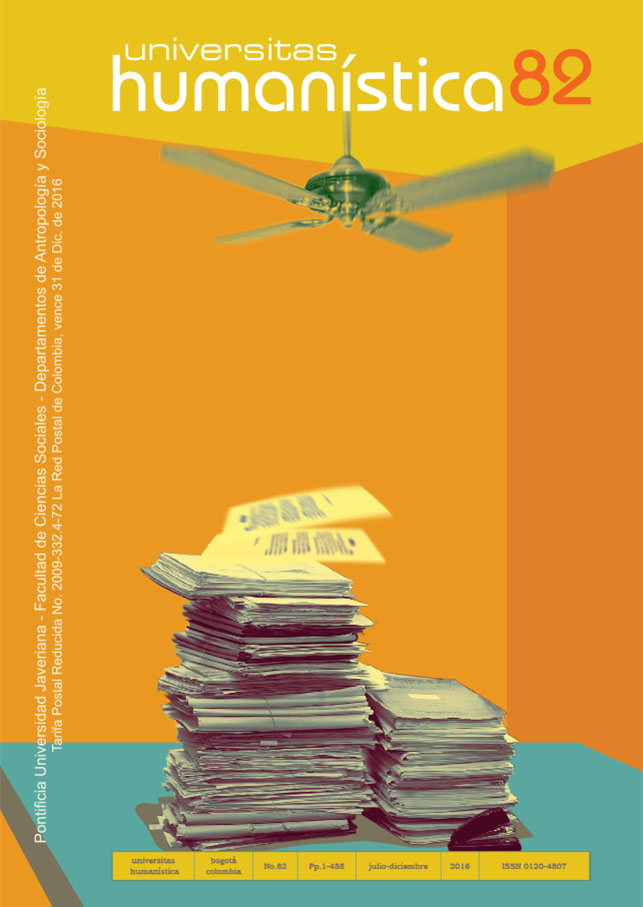Resumen
Este artículo propone una reflexión en torno al ejercicio punitivo estatal, con el propósito de evidenciar que el proyecto neoliberal en Colombia, en marcha desde finales del siglo XX, se ha sostenido sobre la expansión del sistema carcelario como una estrategia para controlar a aquellos grupos sociales marginados por el mercado y las matrices interseccionales de género, raza, clase y sexualidad. Nuestro argumento central es que en las cárceles de Colombia la muerte biológica y social se ha convertido en la principal herramienta de gobierno. Desarrollamos esta idea por medio de un análisis crítico de los informes sobre derechos humanos en las cárceles del país, empleando categorías interpretativas del black feminism como la necropolítica, el complejo industrial carcelario y la interseccionalidad, para señalar que en las cárceles opera una racionalidad que excede la biopolítica y que instala la muerte, la destrucción y la deshumanización como elementos cotidianos de su funcionamiento.

La revista Universitas Humanística se encuentra registrada bajo la licencia Creative Commons Reconocimiento 4.0 Internacional. Por lo tanto, esta obra se puede reproducir, distribuir y comunicar públicamente en formato digital, siempre que se reconozca el nombre de los autores y a la Pontificia Universidad Javeriana. Se permite citar, adaptar, transformar, autoarchivar, republicar y crear a partir del material, para cualquier finalidad (incluso comercial), siempre que se reconozca adecuadamente la autoría, se proporcione un enlace a la obra original y se indique si se han realizado cambios. La Pontificia Universidad Javeriana no retiene los derechos sobre las obras publicadas y los contenidos son responsabilidad exclusiva de los autores, quienes conservan sus derechos morales, intelectuales, de privacidad y publicidad.
El aval sobre la intervención de la obra (revisión, corrección de estilo, traducción, diagramación) y su posterior divulgación se otorga mediante una licencia de uso y no a través de una cesión de derechos, lo que representa que la revista y la Pontificia Universidad Javeriana se eximen de cualquier responsabilidad que se pueda derivar de una mala práctica ética por parte de los autores. En consecuencia de la protección brindada por la licencia de uso, la revista no se encuentra en la obligación de publicar retractaciones o modificar la información ya publicada, a no ser que la errata surja del proceso de gestión editorial. La publicación de contenidos en esta revista no representa regalías para los contribuyentes.


